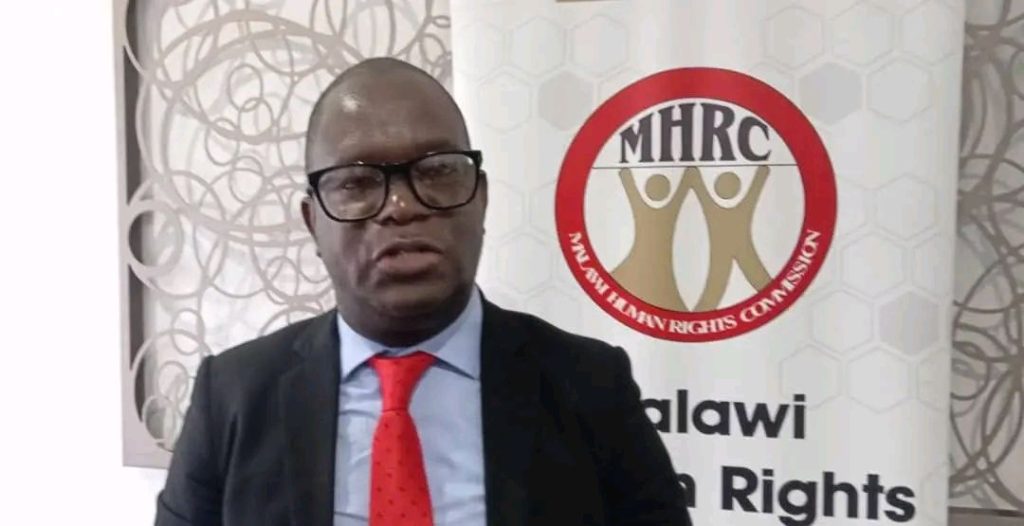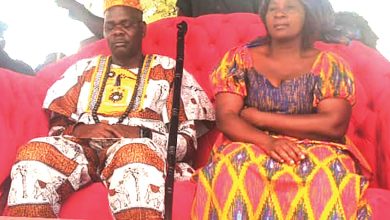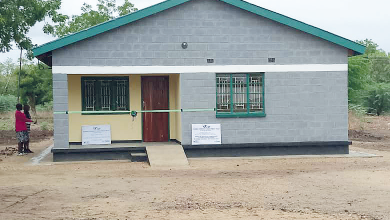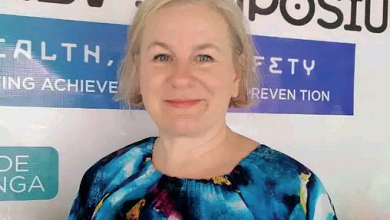‘Malawians have trusted experience’
On September 16, Peter Mutharika, 85, won about 56 percent of the vote, marking his comeback as the President of Malawi, where about three-quarters of the population is aged below 35. His comeback campaign stirred questions about his advanced age, health, agility and capacity to lead the nation of 22 million people, with some of his critics petitioning in vain to get lawmakers to outlaw presidential candidates aged over 80. Our News Analyst WYCLIFFE NJIRAGOMA engages Malawi Network of Older Persons’ Organisations (Manepo) executive director ANDREW KAVALA on what the paradox of Mutharika’s return means for older Malawians, often killed in discriminatory attacks fuelled by witchcraft accusation. Excerpts:

Q: What does the octogenarian’s victory mean for the country’s youthful majority?
A: Leadership by an octogenarian in a youthful nation highlights a core democratic principle: Legitimacy stems from the ballot box and proven competence, not from age. This choice reflects Malawians’ preference for experience and institutional memory at a pivotal moment. Yet, it also places a clear responsibility on the winner to demonstrate vitality, to champion policies that resonate with the country’s predominantly young population. As Manepo believes, age should never be a disqualifier; leadership must be measured by vision and effectiveness.
This is an important signal that many voters valued experience and tested judgement as well as the stewardship qualities. However, whether this is a lasting turning point depends on the outcome: if Mutharika’s administration delivers inclusive, forward-looking results and elevates younger leaders into decision-making roles, the victory will be seen as a constructive affirmation of experience. If it becomes exclusionary or stagnant, the public will judge differently.
Q: Some might see it as irony that a youthful country will be ruled by an elderly citizen in the next five years, isn’t it?
A: Malawians should see this contrast not as irony, but as a strategic advantage. The energy, innovation and drive of the youth should be effectively paired with the experience that comes with older generations. When harnessed through intentional collaboration, this blend becomes a foundation for inclusive governance.
Q: Do you believe older persons, especially in rural areas, can now feel that their rights, safety and welfare will be protected under Mutharika’s return to power?
A: A change in political leadership creates opportunity, but not automatic protection. Older persons across the country will feel genuinely more secure only if the government takes concrete actions by implementing the provisions of the Old Age Act enacted in 2024. Manepo will judge the administration by policy choices, budget allocations and implementation on the ground.
Q: What specific challenges do older Malawians in the country face that you would love the Mutharika administration to prioritise?
A: Older Malawians continue to face pressing challenges, including limited access to healthcare, especially for chronic conditions; inadequate social protection, including old-age pensions; vulnerability to violent attacks; neglect, abuse and discrimination. Many also lack access to community-based care and struggle with poverty and isolation. We hope the new government prioritises these issues through the implementation of the Old Persons’ Act, 2024. The government should prioritise the implementation of the Old Age Act with urgency and commitment, as this will be key to turning policy into meaningful protection and dignity for older citizens.
Q: How can Malawians strike a balance between empowering the youthful majority and respecting its senior citizens?
A: Striking a meaningful balance requires intentional and well-structured policies that serve both constituencies. This includes embedding co-governance mechanisms by institutionalising youth and older-person advisory roles within ministries and local councils. I strongly suggest the introduction of robust mentorship and apprenticeship programmes that connect retired professionals with the youth, fostering knowledge transfer and mutual growth.
It’s also essential to set up a dual-track policy approach that simultaneously invests in youth employment, education and technology, while also strengthening old age grants, geriatric care and rural services for older citizens. Budget equity must be enforced, ensuring that public spending visibly supports both youth-focused and age-friendly initiatives, with transparent monitoring systems.
Finally, national civic dialogue and educational curricula should promote intergenerational solidarity and uphold the rights of all age groups. These measures transform generational diversity into a strategic asset, yielding inclusive and sustainable development rather than zero-sum competition.
Q: How do you look at the election outcome in the wake of efforts to impose age-based restrictions on elderly presidential candidates?
A: The election validates the principle that prohibiting candidacy purely based on age is discriminatory and undemocratic. Manepo publicly opposed the private member’s Bill that sought to bar those aged over 80 and described it as ageist. The electorate’s decision demonstrates that capability, integrity and vision must remain the test of leadership, not an arbitrary age ceiling.
Q: What message would you give to young Malawians who may feel that elderly leadership limits their own opportunities?
A: I think opportunities for the youth are not defined by age at the top, but by their own engagement. I encourage the youth to step into spaces of influence in government, corporate space and civil society. Let them demand youth representation, advocate for inclusive policies and build partnership that combines their energy with the wisdom of older generations. My view is that leadership is not a monopoly; it is a shared responsibility. I urge the youth to claim their role and make democracy work for them. Let us all remember that democracy thrives on participation, not passivity.
Q: What does inclusivity and intergenerational equity look like in policy and governance?
A: Inclusivity and intergenerational equity in policy and governance must translate into measurable and enforceable actions, including allocating budgets with clear performance indicators for youth employment and age-inclusive programmes; and mandating community-level planning processes that require consultation with both the youth and older persons’ groups before implementation. All national surveys and administrative systems should disaggregate data by age to inform evidence-based policymaking to move inclusivity from rhetoric to reality.





